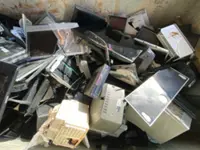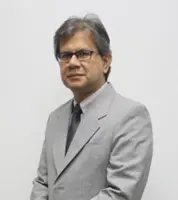PETALING JAYA: Malaysia lost out on an estimated RM291mil this year from recyclable materials that did not end up being recycled, and instead, went to waste.
Solid Waste Management and Public Cleansing Corporation (SWCorp) chief executive officer Datuk Ahmad Husaini Abdul Rahman (pic) said, taking into account the national recycling rate of 35.38% in 2023, it is estimated that the amount of recyclable materials that was not recycled is 6.96%, or nearly one million tonnes.





